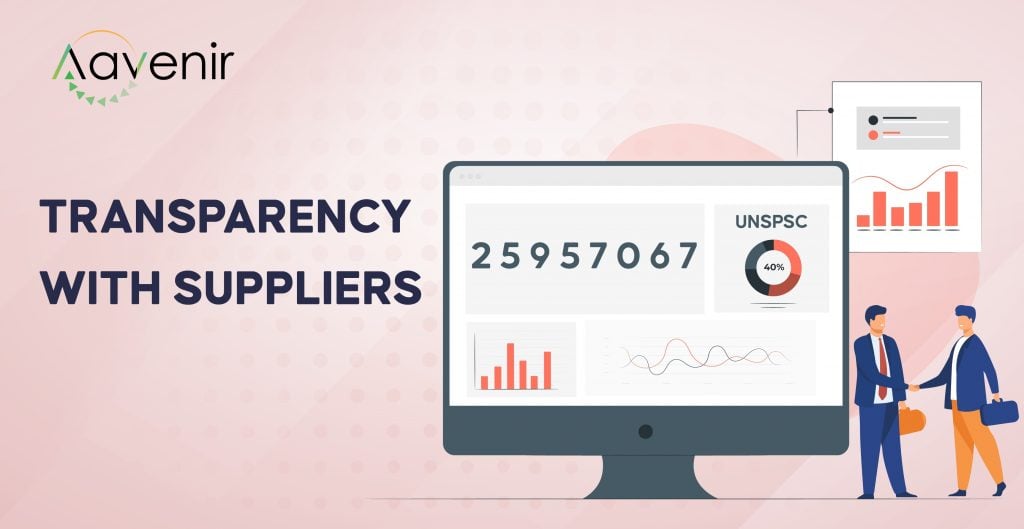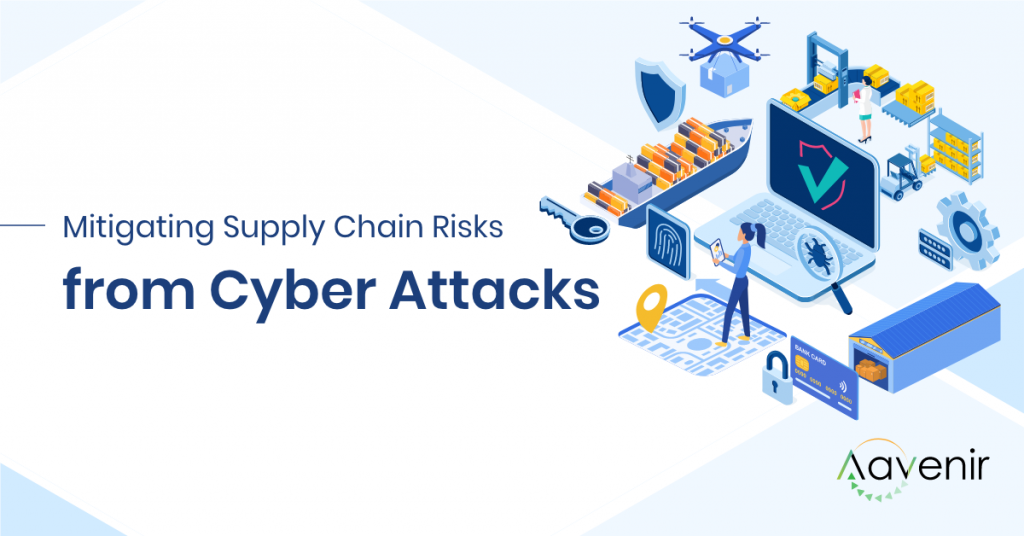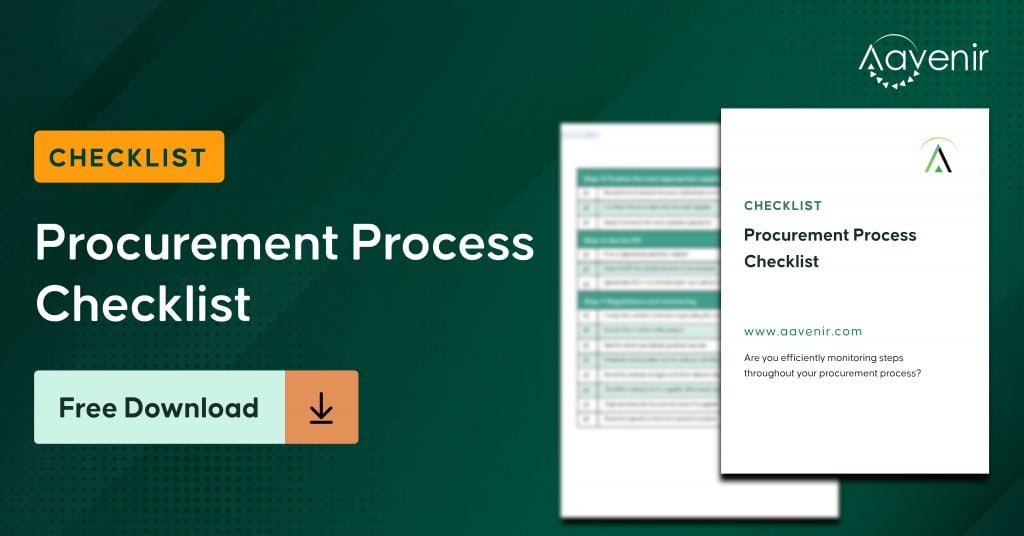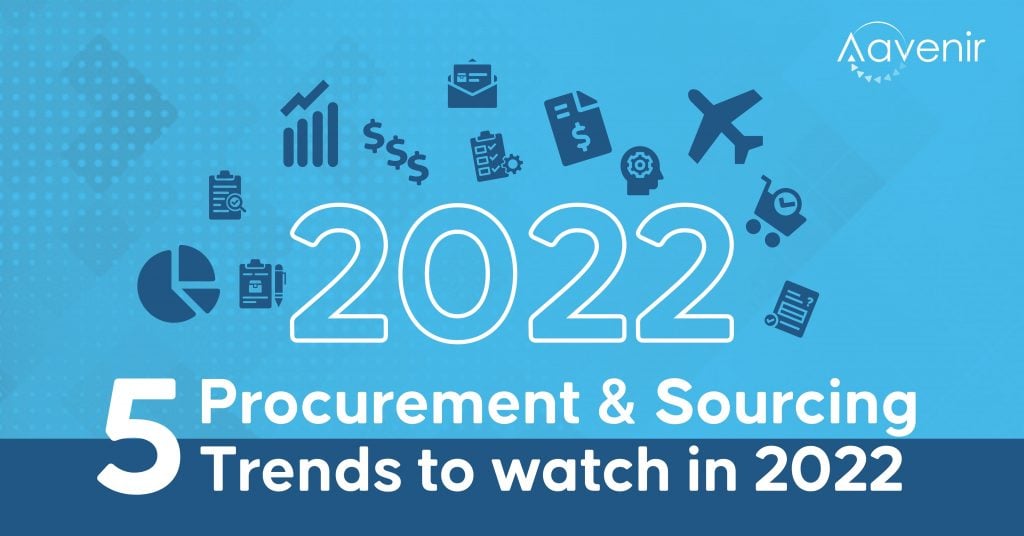What is Transparency With Suppliers?- Definition
Supply chain transparency, in essence, means that a business knows exactly what is happening at every stage of its supply chain and communicates clearly stated, factually backed information about its supply chain operations internally and externally.
Examples of areas of concern covered by such disclosures include:
- product quality and safety standards
- raw material sourcing
- labor practices
- environmental protection and sustainability, and more.
Supply chain transparency is the best way to build trust between suppliers, companies, and customers – because a transparent supply chain projects an image of a business that is honest and upfront about its practices, and therefore, trustworthy.

However, as mentioned above, genuine supply chain transparency requires factually backed information, not statements expected to be taken on faith. Indeed, today’s consumers are no longer prepared to give a brand the benefit of the doubt if that brand cannot produce detailed information about their product’s history. Therefore, visibility and reliable data are instrumental in enabling supply chain transparency.
Approximately 60% of business leaders say a lack of transparency between their finance and procurement functions and their suppliers represents a risk to their business, according to a report prepared by Harvard Business Review Analytic Services for Basware, a procure-to-pay and e-invoicing solution provider.
Benefits of Supply Chain Transparency
The idea of publicly sharing information about the workings of your supply chain may seem daunting. Historically, businesses have always been wary of divulging too much about their sourcing, worried that it would make them less competitive or open their practices to criticism. Furthermore, even for a business that’s prepared to be transparent, it can be time- and resource-intensive to collect all relevant data, ensure it is accurate, and consolidate it into a shareable format.
However, the many benefits of supply chain transparency offset the concerns and make an effort worthwhile. Here are some of them:
Customer Assurance
Today’s consumers firmly believe that they have the right to know exactly where their products are coming from and how they are made. So, before they open their wallets, they want to ensure the product’s safety and quality and, increasingly, that the sourcing practices are in line with their values.
By making information about your production practices, safety standards, and supply chain ethics publicly available, you help your consumers feel informed and empowered about their purchases, making them more likely to choose your product over one with no provenance information available.
Brand Loyalty
Customer retention is the gold standard for profitability in business. It costs five times as much to attract a new customer than to keep an existing one, and a 5% customer retention rate can increase profits by 25-95%.
When you share information about your supply chain, you foster consumer trust – which, in turn, earns your brand greater consumer loyalty and makes your consumers more likely to repurchase your product.
Brand loyalty also means positive word-of-mouth advertising, such as your consumers proudly displaying your logo or recommending your products.
Furthermore, an enthusiastic customer base can be priceless for garnering your brand’s positive attention on social media: which is critically important since 71% of consumers are more likely to purchase products based on a social media referral.
Stronger Partnerships
The trust fostered by supply chain transparency is not limited to your consumers. Instead, a transparent supply chain business creates a culture of trust throughout its entire ecosystem and attracts like-minded suppliers and partners.
Furthermore, a climate of trust and transparency will help you communicate openly with your suppliers, forge lasting partnerships and drive continuous improvement through your supply chain. When your suppliers know that honesty and openness are rewarded, they are much more likely to resolve production issues with you directly instead of trying to get away with substandard work or unethical behavior behind your back.
In turn, you can help your suppliers improve their production and quality management systems through better supply chain communication, QC data sharing, and quality and compliance training.
Explore Additional Resources to Know More




